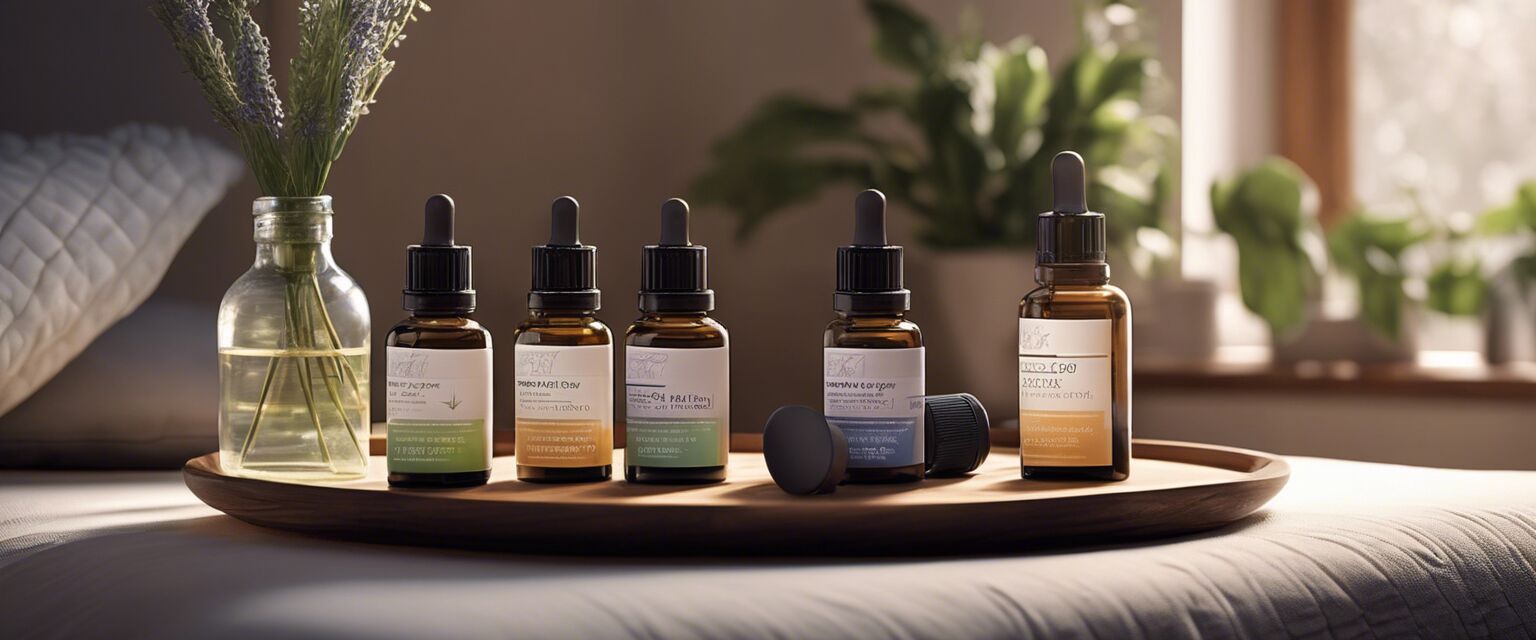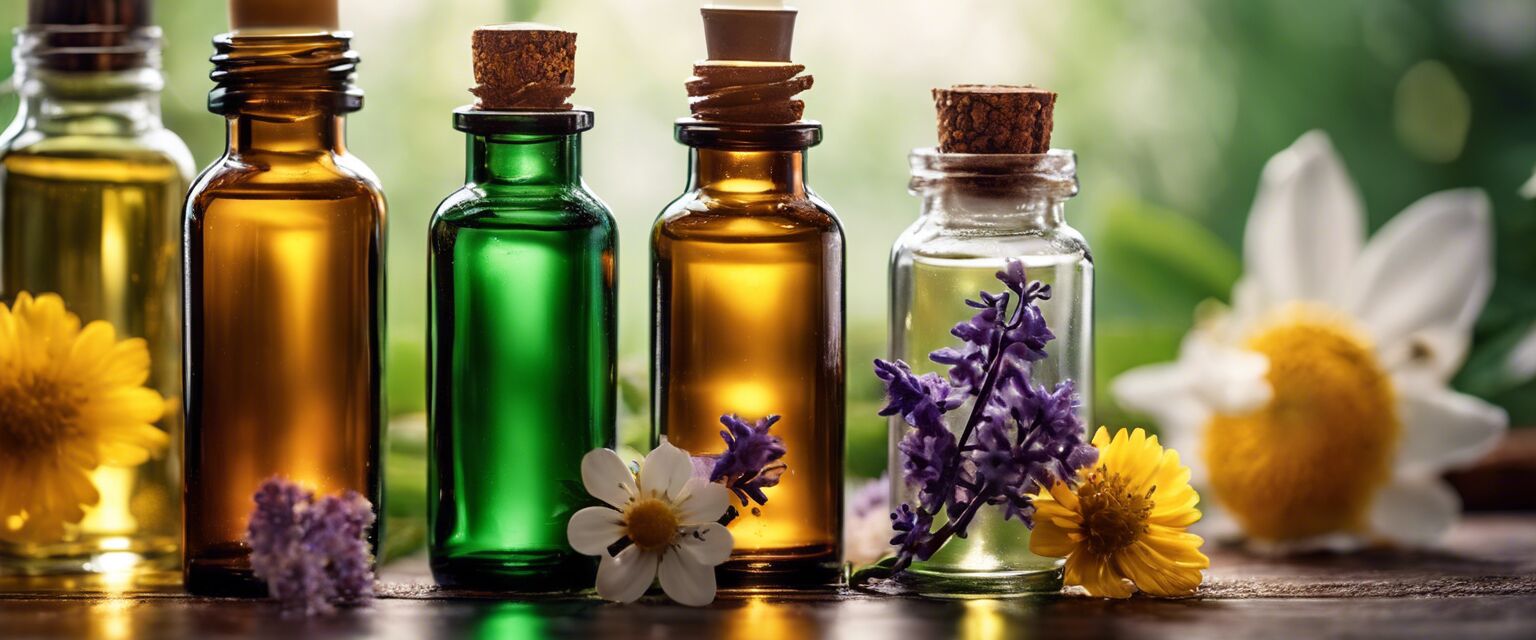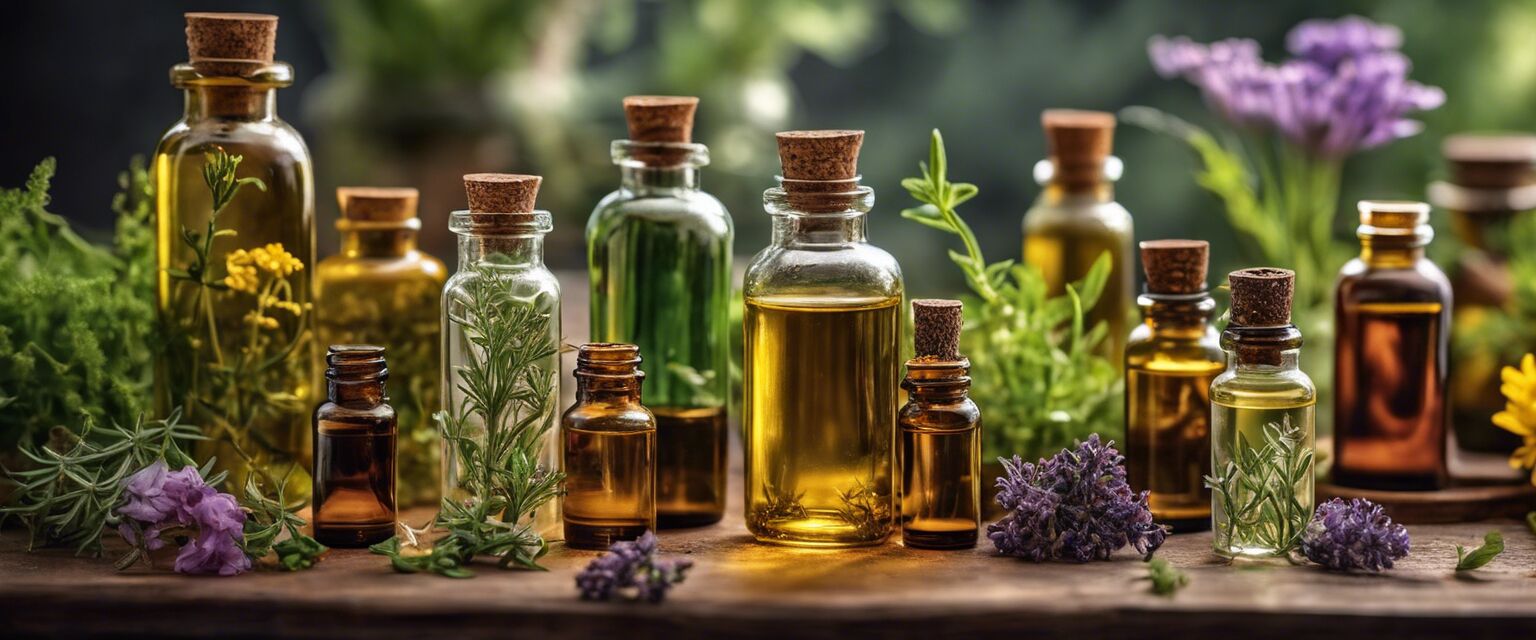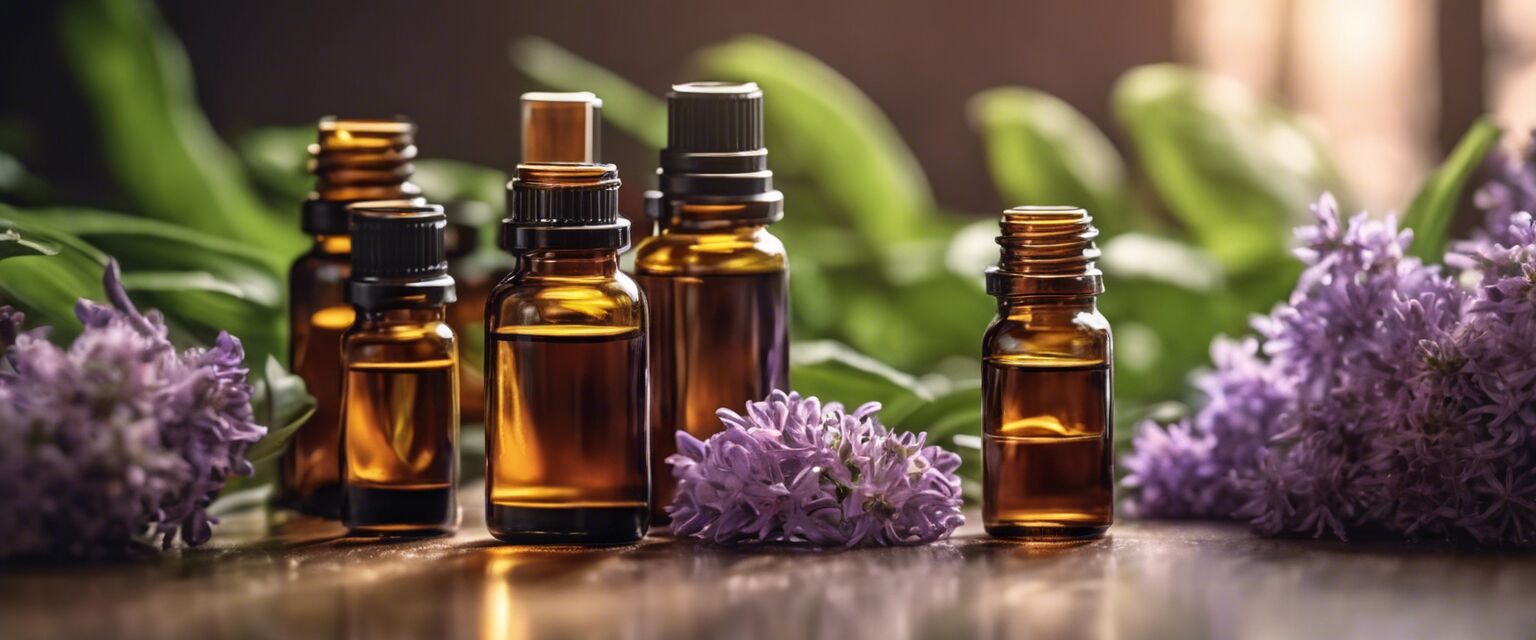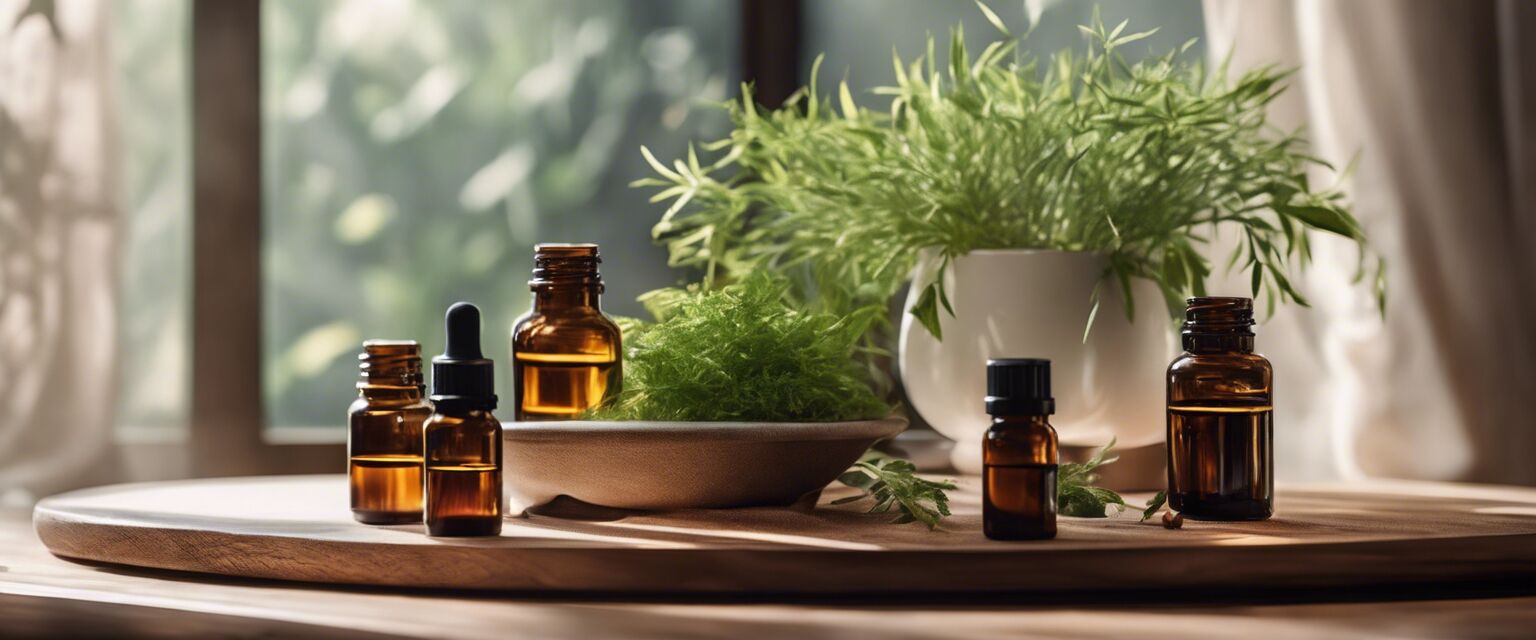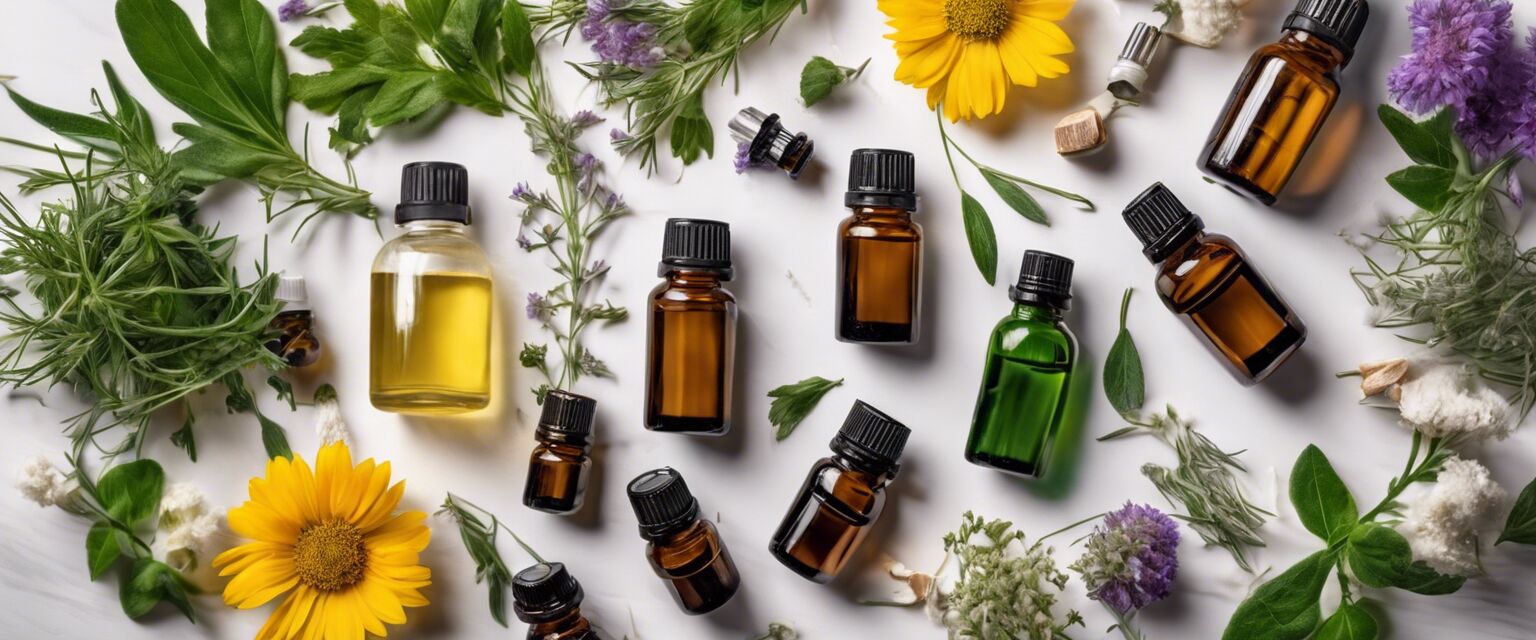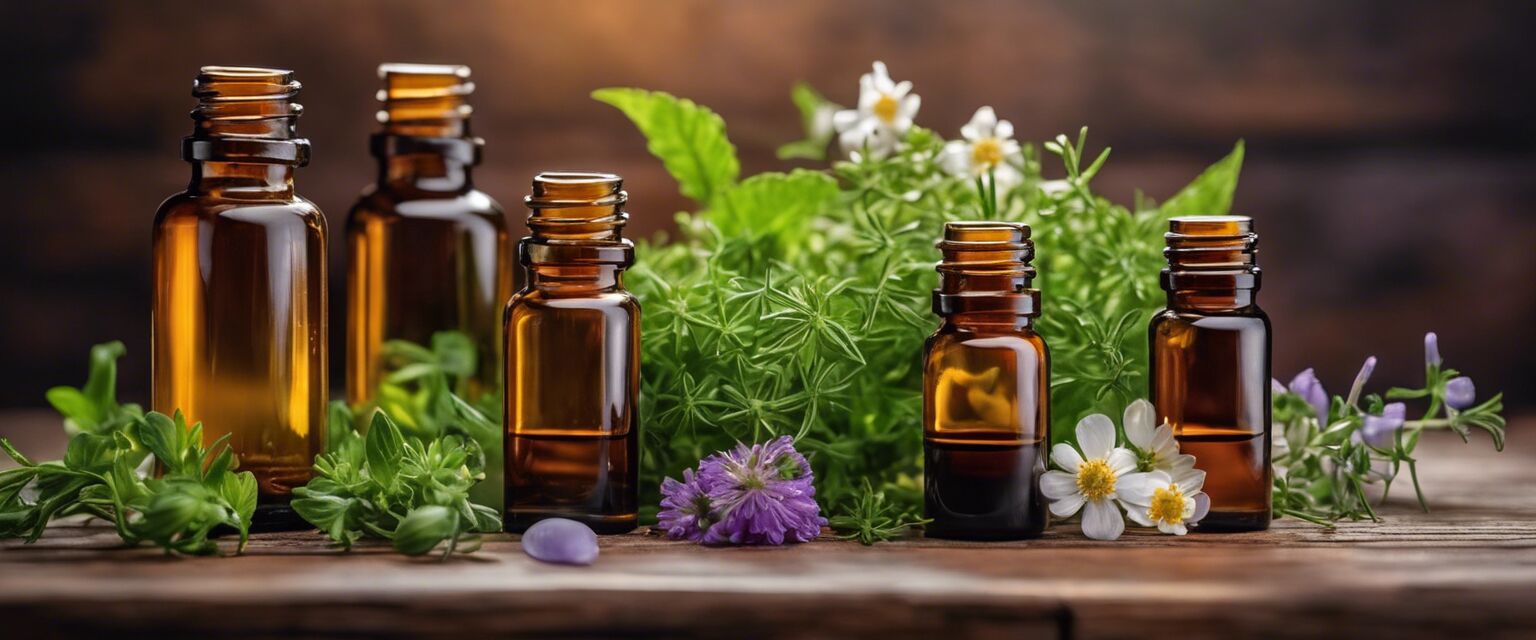
Safety and storage of essential oils
Key Takeaways
- Store essential oils in dark glass containers to protect them from light.
- Keep oils away from heat sources and humidity to maintain their potency.
- Label oils clearly and ensure they are out of reach of children.
- Use a dropper or pipette for precise dispensing.
- Understand the specific safety guidelines for different essential oil types.
Essential oils have become a popular addition to our daily lives for various uses, including beauty and wellness. However, it is crucial to understand how to handle and store these powerful substances safely. This article provides best practices for ensuring the longevity and efficacy of your essential oils while keeping safety as the main priority.
Understanding essential oils
Essential oils are concentrated extracts derived from plants. Due to their potency, proper handling and storage practices are vital. Hereâs a deeper look into why safety matters:
- Concentration: Essential oils contain active compounds that can be harmful if misused.
- Volatility: Some oils can lose their effectiveness if not stored correctly.
- Environmental factors: Heat, light, and air can degrade the quality of essential oils.
Best practices for storage
1. Use dark glass containers
Storing essential oils in dark glass containers helps protect them from UV radiation. Amber or cobalt blue bottles are ideal choices. Hereâs a quick overview:
| Container Type | Benefits |
|---|---|
| Amber glass | Protects against light and preserves oil quality. |
| Cobalt blue glass | Helps filter out UV rays while adding a unique aesthetic. |
| Clear glass | Not recommended; it allows light to degrade the oil. |
2. Store in a cool, dark place
Heat and light can cause essential oils to degrade over time. To maintain their potency:
- Choose a cool cabinet away from heat sources.
- Avoid bathroom storage due to high humidity levels.
- Use a shelf dedicated to essential oils to keep them organized.
3. Ensure proper sealing
Always ensure that the bottles are tightly sealed after use to prevent contamination. This is essential to keep oxygen out and maximize shelf life.
Handling essential oils safely
1. Label your oils
Always label your essential oils clearly. This is crucial for:
- Identifying the oil's specific properties.
- Preventing accidental misuse.
2. Use appropriate dispensing tools
When using essential oils, prefer using dropper or pipette tools to ensure precise dispensing. Avoid pouring directly from the bottle to minimize spills.
3. Keep out of reach of children
Always store essential oils in a location that is out of reach of children. This is important to prevent accidental ingestion or misuse.
Safety tips based on oil types
Different essential oils come with different safety considerations. Hereâs a quick guide:
| Essential Oil | Safety Tips |
|---|---|
| Lavender | May be safe in small amounts; avoid use if pregnant without consulting an expert. |
| Peppermint | Can be irritating; always dilute before use. |
| Tea Tree | Potentially harmful if ingested; store securely. |
| Eucalyptus | Keep out of reach of children; can be toxic if consumed. |
Conclusion
Understanding the safety and storage of essential oils is essential for preserving their quality and efficacy. By adhering to proper practices such as using dark glass containers, storing them in cool places, and handling them carefully, you can ensure that your essential oil collection remains both safe and effective.
Beginners' section
If you're new to the world of essential oils, here are a few tips to get started:
- Start with a few basic oils like lavender, tea tree, and peppermint.
- Always read labels and safety information before using any oil.
- Consult with a knowledgeable source when trying new oils.
Pros
- Can enhance mood and reduce stress.
- Offer a natural alternative to synthetic fragrances.
- Valuable for creating DIY beauty and wellness products.
Cons
- Some oils may cause allergic reactions.
- Misuse can lead to negative side effects.
- Requires understanding of proper storage and handling.
To explore more about essential oils, check out some of our related categories: Aromatherapy blends, Hair care solutions, Immune support, Pain relief, Relaxation and sleep, Skincare essentials.
